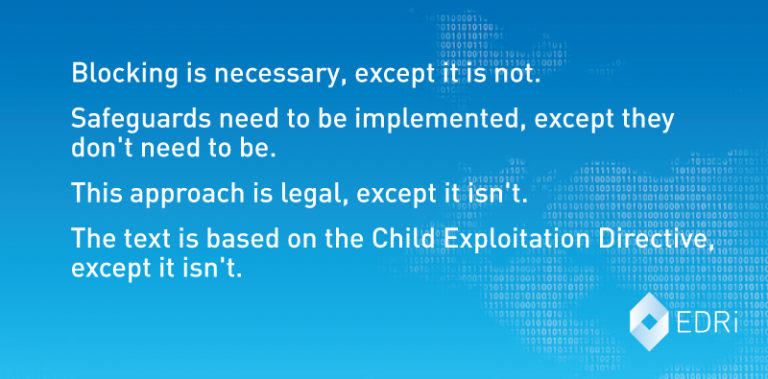Today, the European Commission has released details on the new EU Anti-Money Laundering Directive – aiming at combating terrorist financing. Among the details, we find some disturbing news on digital currencies such as Bitcoin:
Tackling terrorist financing risks linked to virtual currencies: to prevent misuse of virtual currencies for money laundering and terrorist financing purposes, the Commission proposes to bring virtual currency exchange platforms and custodian wallet providers under the scope of the Anti-Money Laundering Directive. These entities will have to apply customer due diligence controls when exchanging virtual for real currencies, ending the anonymity associated with such exchanges;
Gah!
Anonymity is not a crime!
But then, again, this is not really about terrorism. It’s about giving the government control over your money.
Then we have this blow to all those terrorists shopping around for missiles…
Tackling risks linked to anonymous pre-paid instruments (e.g. pre-paid cards): the Commission also proposes to minimise the use of anonymous payments through pre-paid cards, by lowering thresholds for identificationfrom €250 to €150 and widening customer verification requirements. Proportionality has been taken into account, with particular regard paid to the use of these cards by financially vulnerable citizens;
Again, this will only make life more complicated for ordinary, law-abiding citizens.
And there will be cross-border control of all bank accounts:
Give Financial Intelligence Units swift access to information on the holders of bank- and payment accounts, through centralised registers or electronic data retrieval systems.
“Centralised registers.” Like in total control.
This might come in handy for our governments when the next Euro crisis calls for a citizen haircut – like when Cyprus confiscated parts of people’s bank savings.
Your money is no longer yours. You are no longer free.
/ HAX
European Commission:
• Commission strengthens transparency rules to tackle terrorism financing, tax avoidance and money laundering »
• Questions and Answers: Anti-money Laundering Directive »
Related reading: Bargeld ist Freiheit »
